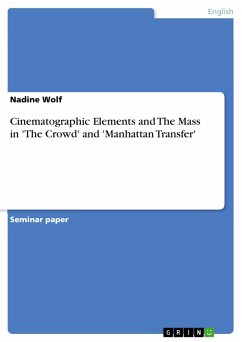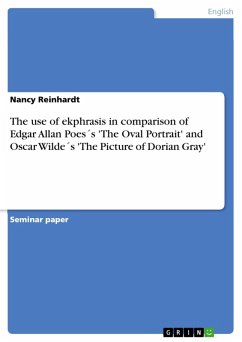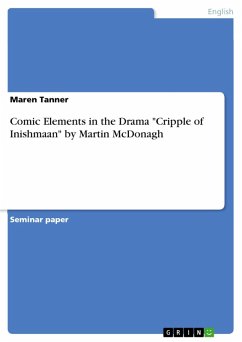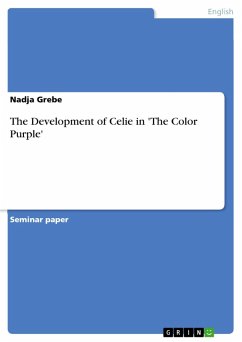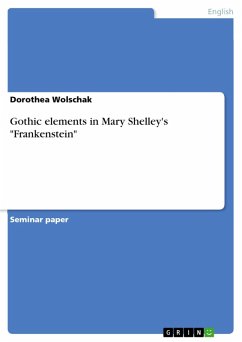Seminar paper from the year 2005 in the subject English Language and Literature Studies - Literature, grade: 2,3, University of Bayreuth, language: English, abstract: The film The Crowd and the novel Manhattan Transfer are both products of the American 1920s, the Jazz Age. It was a time of great economic upswing, and money and success became very important. The society was in a state of flux as well, especially the women of the younger generation wanted to gain more independence. The Great War had not only changed the old conventions of young women, however. People moved into the big cities, harbouring great expectations and hope for a better life. New York was of course one of the cities to go to, not at last because it was considered the 'capital' of the Jazz spirit. This economic boom ended with the great Wall Street Crash in 1929.1 King Vidor, producer of The Crowd, was born on February 8th 1894 in Galveston, Texas. His family was of Hungarian origin, which mirrors itself in his not necessarily ordinary name. The Crowd came into the cinemas in 1928 and is one of Vidor's "Late Silents", as Durgnat and Simmon call them. Vidor has earned himself the label 'epic poet', "given to large, almost abstract expressions of a man's role in nature and society". One of this 'abstract expressions' we can find in The Crowd in the role of John Sims, of whom will be taken a closer look at later in this work. About tree years earlier, John Dos Passos published his novel Manhattan Transfer. He was born in Chicago on January the 14th in 1896. After he graduated from Harvard College, he decided to serve in the United States Medical Corps during the end of World War I. In his novels One Man's Initiation and Three Soldiers he processes the experiences and impressions from those yeas. He continues with an acute awareness of his senses in Manhattan Transfer, a novel full of detailed descriptions, of smells, sounds, and impressions, making the story so real one could forget it is fiction. This work will first show some of the aspects of mass and cinematography that can be found in The Crowd, and will then continue on to those found in Manhattan Transfer. Finally, the differences and the points the two works have in common will be summed up.
Dieser Download kann aus rechtlichen Gründen nur mit Rechnungsadresse in A, B, BG, CY, CZ, D, DK, EW, E, FIN, F, GR, HR, H, IRL, I, LT, L, LR, M, NL, PL, P, R, S, SLO, SK ausgeliefert werden.

